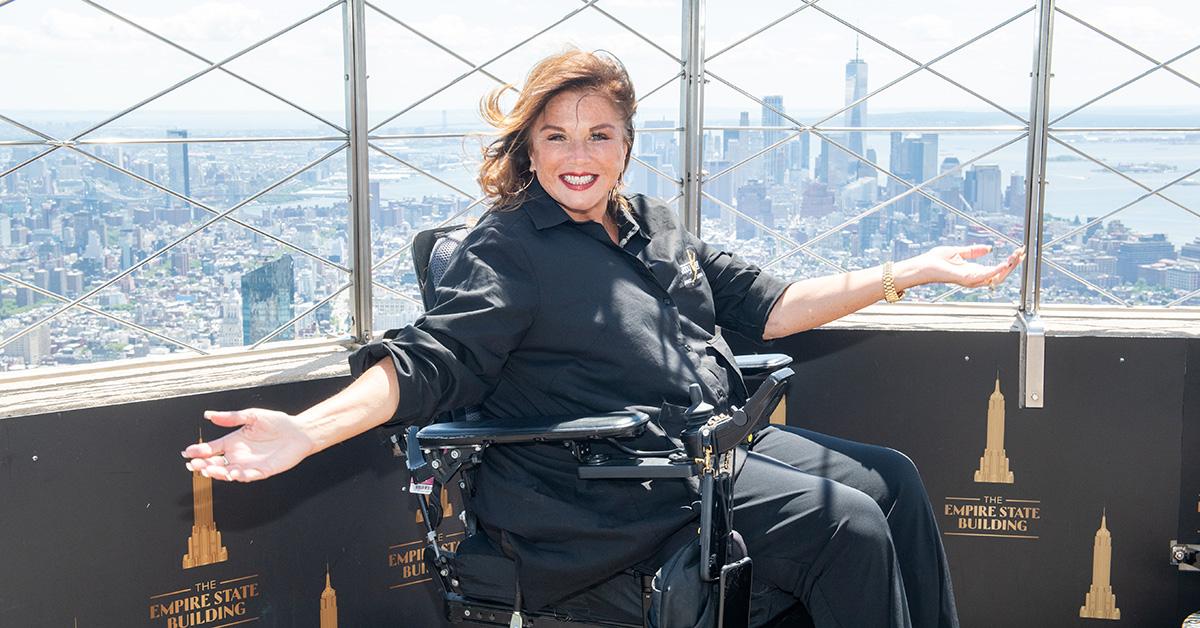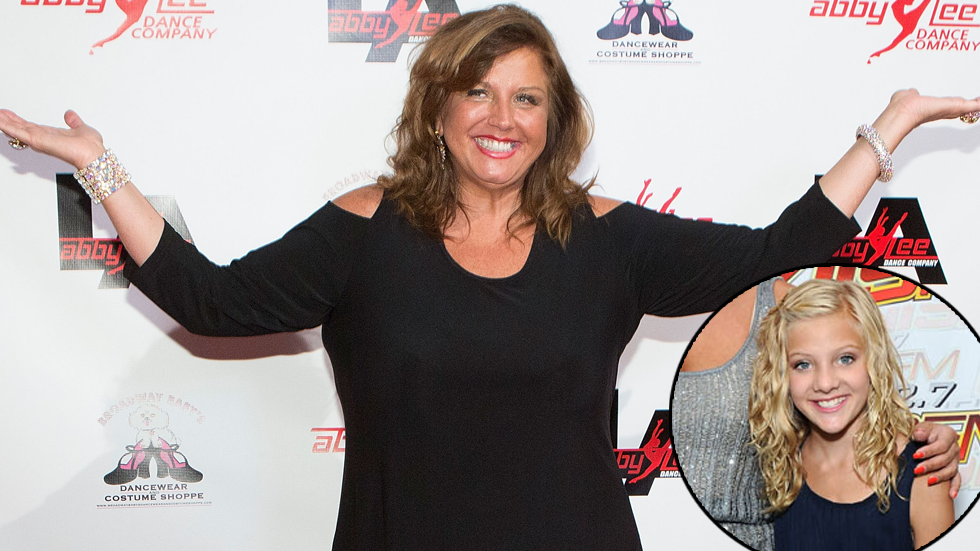Paige Hyland Vs. Abby Lee Miller: Lawsuit & Drama Explained | 2024
Why did a young dancer, thrust into the spotlight of reality television, find herself embroiled in a legal battle with her mentor? Paige Hyland, a former star of the hit reality show "Dance Moms," alleged a pattern of abuse and intimidation at the hands of her dance coach, Abby Lee Miller, a claim that would ultimately culminate in a high-profile lawsuit and a deeply scrutinized chapter in the world of competitive dance.
The story, which unfolded against the backdrop of the highly competitive dance world and the manufactured drama of reality television, began to unravel in 2014. Hyland, along with her mother and sister, had departed "Dance Moms," leaving behind a tumultuous relationship with Miller that would soon be played out in courtrooms and headlines. Accusations of verbal abuse, the spreading of rumors, and even the alleged act of throwing a chair in her direction formed the core of Hyland's legal claims. These accusations painted a picture of a coach who was not just demanding, but also emotionally and potentially physically abusive, allegations that would forever alter the narrative of the show and its central figure.
| Paige Hyland: Bio & Career Highlights | |
|---|---|
| Full Name: | Paige Hyland |
| Born: | November 1, 2000 (age 23) |
| Nationality: | American |
| Known For: | Dance, Reality Television (Dance Moms) |
| Notable Role: | Contestant on Lifetime's "Dance Moms" |
| Years Active: | 20112014 (Dance Moms) |
| Education: | Graduated from high school, attended college |
| Family: | Parents: Kelly Hyland, Randy Hyland; Sister: Brooke Hyland; Brother: Josh Hyland |
| Legal Issues: | Filed a lawsuit against Abby Lee Miller, dismissed due to lack of evidence |
| Social Media: |
The accusations, as reported in court documents unveiled in 2017, painted a picture of an environment where Miller's behavior was, at times, allegedly bordering on the abusive. The lawsuit, filed in October of that year, cited an incident captured on the show where Miller allegedly threw a chair near Hyland. Hyland and her legal team argued that this behavior, along with other instances of verbal harassment and intimidation, constituted emotional abuse. The lawsuit sought to hold Miller accountable for the psychological distress she allegedly inflicted on Hyland during her time on the show.
The legal process, however, was far from straightforward. The judge presiding over the case, after reviewing footage from the show, ruled that there was insufficient evidence to support Hyland's claims. The judge's assessment of the chair-throwing incident, which was central to the lawsuit, was that Hyland did not exhibit signs of fear, a crucial element in determining the intent and impact of Miller's actions. This detail, coupled with the often-exaggerated nature of reality television, proved to be a significant hurdle for Hylands legal team. This decision underscored the difficulty of navigating the blurry lines between reality and entertainment, and the challenges of presenting evidence from a heavily edited television program in a court of law.
The dismissal of the lawsuit by a Los Angeles Superior Court judge in October brought an end to the legal proceedings, but it did not quell the discussions surrounding the case. The decision, reported on Thursday, marked a significant moment in the broader conversation about the treatment of young performers in the entertainment industry, and the ethical considerations surrounding the production of reality television. The legal outcome, however, did not stop the discussion on social media where many fans gave their opinions and views regarding the case.
The defense presented by Miller's legal team emphasized the nature of "Dance Moms" as a reality show, a format often characterized by heightened drama and edited narratives. They argued that the incidents highlighted in the lawsuit were potentially exaggerated or taken out of context for the sake of entertainment. This perspective, if accurate, would present a significant challenge in the court's attempts to judge the true intent and emotional impact of Miller's actions. The claim, if proven true, would make it difficult to determine whether the chair-throwing incident was an act of aggression or a dramatic device intended to build suspense.
The context in which the events occurred was vital. The atmosphere of "Dance Moms" was notoriously intense. The show documented the lives of young dancers, their mothers, and their demanding coach, Abby Lee Miller. Miller's reputation, both on and off-screen, was built on her uncompromising style and her tendency to push her students to their limits. However, this uncompromising style became the subject of scrutiny, with accusations of bullying and mistreatment often thrown at her. The lawsuit was not an isolated incident but rather a part of the wider debate about the ethical responsibilities of those who hold power over young performers.
One of the key questions raised during the legal proceedings revolved around the nature of the relationship between Miller and her students. Was it a relationship of mentorship, albeit a harsh one, or was it one of control and emotional manipulation? The answers would greatly influence how the courts saw the incidents that were being discussed. The outcome hinged on whether the actions of Miller crossed the line from demanding teaching to abusive behavior.
It is important to acknowledge the perspective of those who supported Abby Lee Miller. Some fans, and even some parents of students, viewed Millers aggressive style as a necessary component of success in the competitive dance world. They may have believed that her tactics, while harsh, were intended to toughen the students and prepare them for the high-stakes world of professional dance. Others may have been more cynical, viewing the drama as entertainment, a crafted spectacle that enhanced the shows appeal.
The case gained further attention when the reality television show, "Dance Moms", was placed in the spotlight. In that light, the line between entertainment and reality became even more blurred, as the incidents presented in the court were originally part of the show. The courtroom drama was further influenced by the fact that the evidence was taken from a show that was structured to create drama. The show's role, in creating the incidents, made it even more difficult for the judge to assess the emotional impact of Millers actions.
The case drew additional media attention as more information from that period emerged. In interviews from January 2014, Miller was asked about the possibility of the Hylands leaving the show. She responded carefully, suggesting that such decisions were not entirely in her control, further complicating the narrative and adding another layer to the relationship between the parties involved. This statement, alongside others, did little to calm the waters of the situation.
Adding to the complexity was another lawsuit filed by Kelly Hyland, Paige's mother, against Miller, seeking a substantial sum of money, a cool $5 million. This followed a physical altercation in New York, the incident further intensified the ongoing feud and underscored the deep-seated animosity that had formed between Miller and the Hyland family. This heightened legal environment further complicated the already sensitive case of Paige Hyland.
The core of the legal issues was the allegation of emotional abuse that Hylands lawyers brought up. They accused Miller of verbally abusing Hyland, including insulting and degrading comments. The event in which Miller threw the chair in Hylands direction was the prime focus. In court documents, the allegation that Miller intentionally engaged in harmful conduct that harmed Hyland, and caused significant emotional distress, was revealed. The complaint alleged a clear pattern of aggressive behavior, intended to break the young dancer's spirit and make her fearful.
The legal outcome in the Paige Hyland case may have been a dismissal due to a lack of evidence, however, it underscored the importance of protecting children in the world of entertainment. The lawsuit prompted a wider conversation on the duty of those in positions of authority to safeguard the emotional well-being of those under their care. The discussions surrounding the suit have made all involved people to be mindful of the implications of actions, and the responsibility that comes with directing the lives and careers of young performers.
The case, although dismissed, had lasting effects. It highlighted the challenges inherent in determining the truth in the world of reality television, and the importance of protecting the mental health of young people. It served as a reminder of the potential consequences when the boundaries between discipline and abuse become blurred. The case also showed the long-term effects on those involved, including the families of those involved.
While some fans have expressed their opinions on social media, and others have provided their perspectives, the lawsuit is now a case of the past. The Hyland family and Miller have continued in their own ways. For Paige, the incident became a formative experience, shaping her perspective on the entertainment industry. She has since pursued other interests, outside the world of dance, and has demonstrated how she can rise up above adversity. The legacy of the lawsuit continues to resonate, a reminder of the complex interplay of ambition, exploitation, and the pursuit of justice in the world of reality television.


